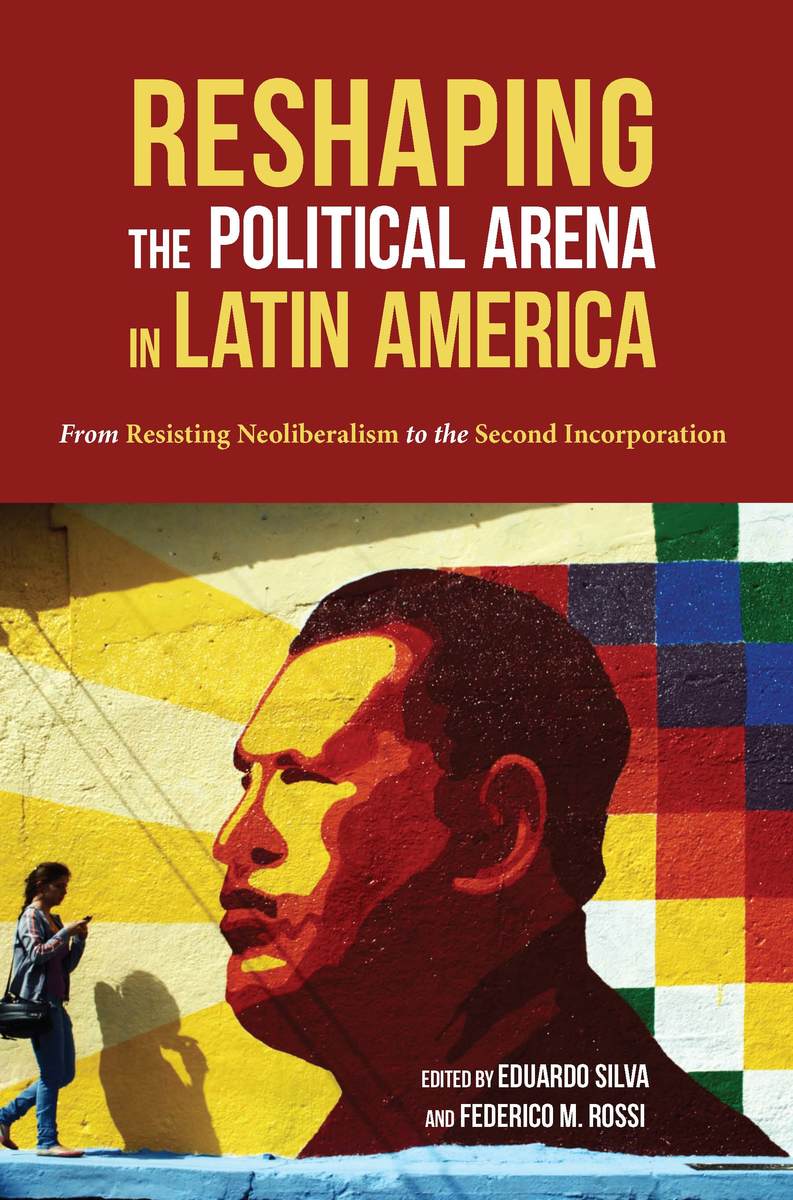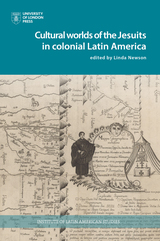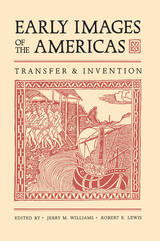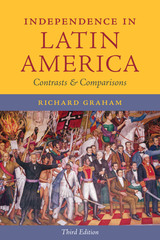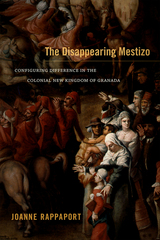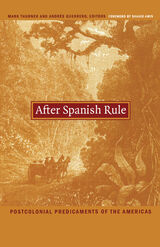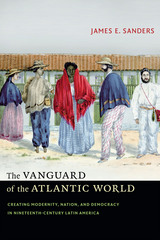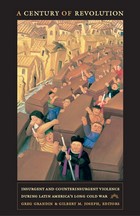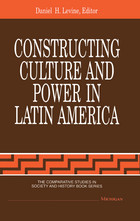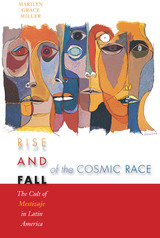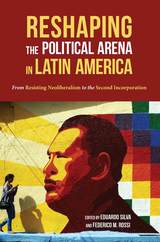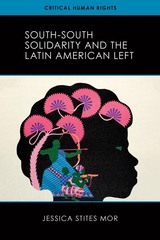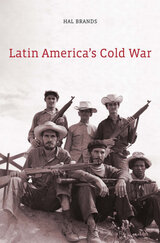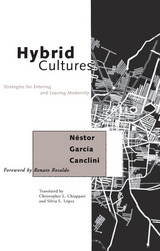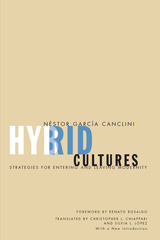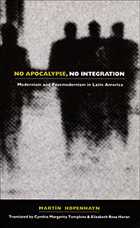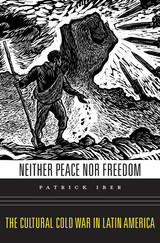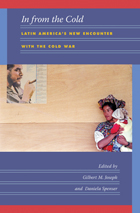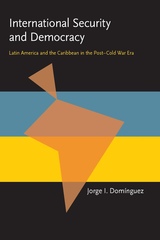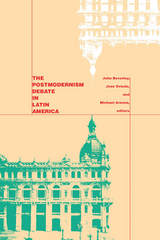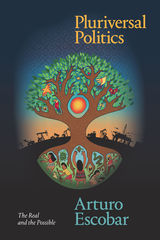Reshaping the Political Arena in Latin America: From Resisting Neoliberalism to the Second Incorporation
University of Pittsburgh Press, 2018
Paper: 978-0-8229-6512-1 | eISBN: 978-0-8229-8310-1
Library of Congress Classification F1414.R44 2018
Dewey Decimal Classification 980.033
Paper: 978-0-8229-6512-1 | eISBN: 978-0-8229-8310-1
Library of Congress Classification F1414.R44 2018
Dewey Decimal Classification 980.033
ABOUT THIS BOOK | AUTHOR BIOGRAPHY | REVIEWS | TOC | REQUEST ACCESSIBLE FILE
ABOUT THIS BOOK
Neoliberalism changed the face of Latin America and left average citizens struggling to cope in many ways. Popular sectors were especially hard hit as wages declined and unemployment increased. The backlash to neoliberalism in the form of popular protest and electoral mobilization opened space for leftist governments to emerge. The turn to left governments raised popular expectations for a second wave of incorporation. Although a growing literature has analyzed many aspects of left governments, there is no study of how the redefinition of the organized popular sectors, their allies, and their struggles have reshaped the political arena to include their interests—until now. This volume examines the role played in the second wave of incorporation by political parties, trade unions, and social movements in five cases: Argentina, Bolivia, Brazil, Ecuador, and Venezuela. The cases shed new light on a subject critical to understanding the change in the distribution of political power related to popular sectors and their interests—a key issue in the study of postneoliberalism.
See other books on: Caribbean & Latin American | Political Arena | Reshaping | South America | World
See other titles from University of Pittsburgh Press
